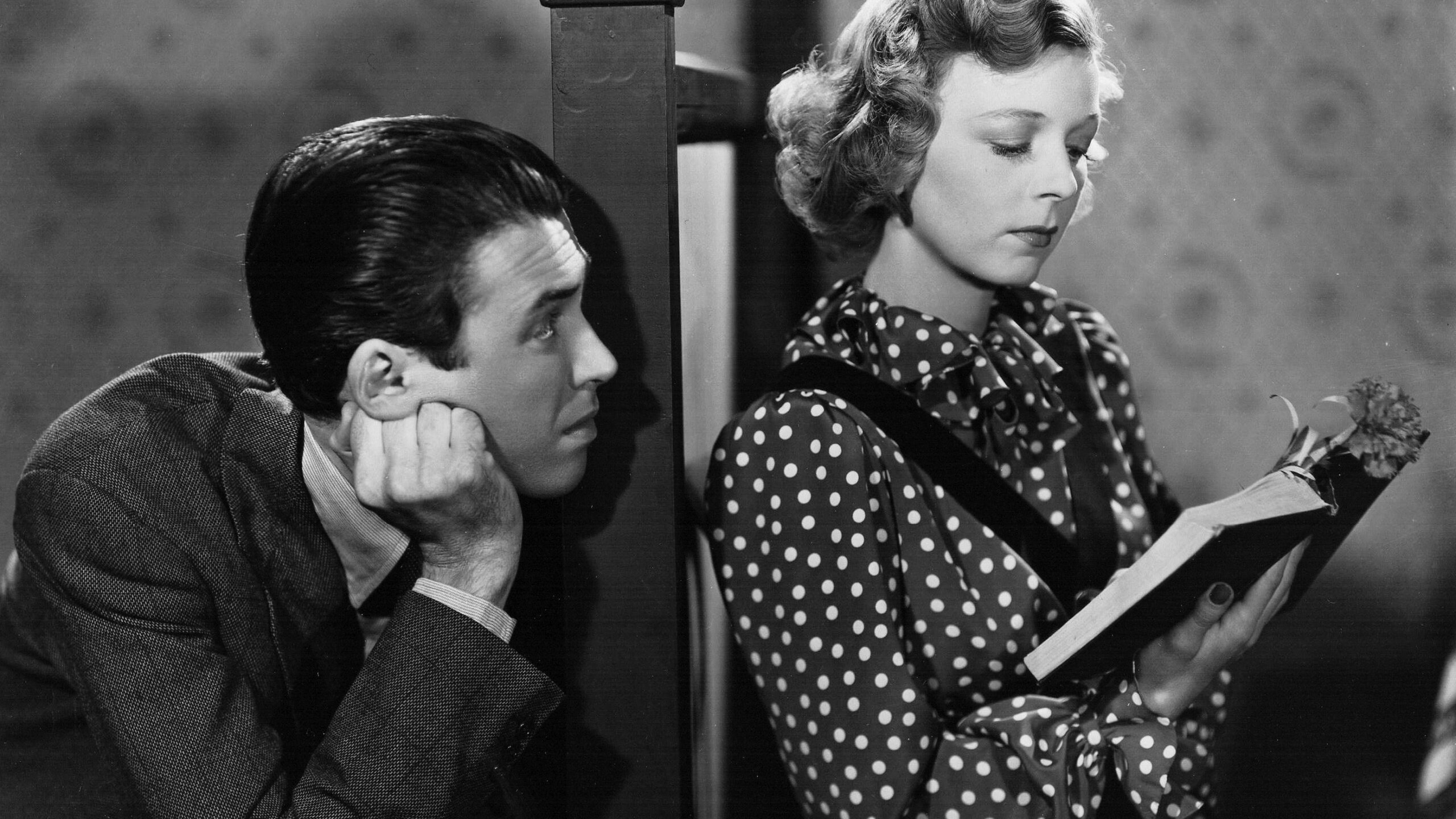

The Moviegoer is the diary of a local film buff, collecting the best of what Chicago’s independent and underground film scene has to offer.
Curiosity is a key factor of being a cinephile—maybe the most important one. In an effort to appreciate and to understand cinema (try as we might), the mind must be open to exploring all it has to offer.
For this reason, I watch all kinds of movies: popular movies, not-so-popular movies, movies by filmmakers I like, movies by filmmakers I don’t. If I think that it can in some way advance not just my understanding of the art form but others’ appreciation of it, I’m interested by default. Some may take longer for me to pursue (for example I’m sure I’ll see Wicked eventually . . . ), but I generally try to leave no avenue unexplored.
Then there are those thoroughfares that I tread often. Ernst Lubitsch is one director whose films I’m happy to explore over and over again, gleaning more and more each time I see them. Thus, I was thrilled to see Lubitsch’s The Shop Around the Corner (1940), presented by the Chicago Film Society, last Monday at the Music Box Theatre. My favorite Lubitsch film would be whichever one I’m watching at the moment; he’s said to have had a singularly charming, urbane touch that’s recognizable but not entirely definable. Many have sought to articulate what makes a Lubitsch film so distinctive, but I’ve yet to come across such a characterization that epitomizes the feeling of actually watching his films.

It’s what I felt while watching The Shop Around the Corner, starring Jimmy Stewart and Margaret Sullavan as adversarial salespeople in a Budapest leather goods store, Matuschek and Company, who are unknowingly courting each other by mail. More than just achingly romantic, it situates the workplace as a home away from home, which normally I would detest, but that’s the magic (and, quite frankly, the power—I can’t think of another artist who could make that believably palatable) of Lubitsch.
How does he do it? I ask myself. It’s something I also wondered while spending Sunday viewing experimental films at Sweet Void Cinema (Reader contributor Joshua Minsoo Kim presenting Unknown Nostalgia, the first complete retrospective of filmmaker Will Hindle) and Doc Films (the final screening in the Devotional Cinema of Nathaniel Dorsky and Jerome Hiler series). I went in unknowing to the Hindle and Hiler films; I’m more familiar with Dorsky’s work, but I hadn’t seen what was screening. Still, all around, it was an enlightening way to spend an otherwise scary Sunday pre-workweek. (I may appreciate the way Lubitsch finds sophisticated humanity in the workplace, but I realize it’s merely an illusion of movie magic.)
It was also fun to spend a day with a group of experimentally inclined moviegoers going from one program to the other. It’s kind of like Matuschek and Company, in a way, except we work not for a capitalist overlord (admittedly a benign one—there are no “bad” guys in Lubitsch’s films) but for the satiation of our curiosity and the expansion of our souls.
https://chicagoreader.com/wp-content/uploads/2024/12/ShopAroundtheCorner-scaled_print.jpg
2024-12-12 13:38:50





